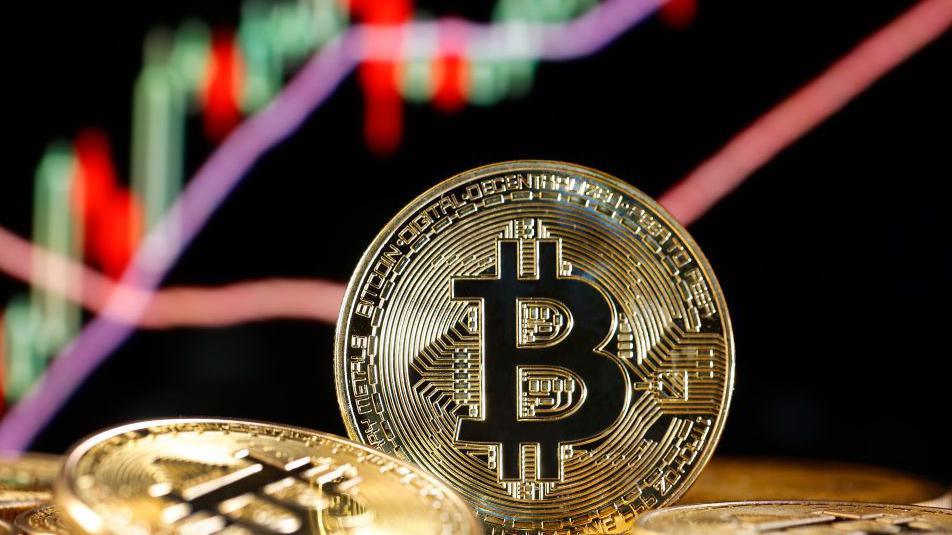In a groundbreaking development, the South American country of Brazil is poised to embrace Bitcoin in an unprecedented manner. Legislators are currently mulling over a new proposal that could see employees receiving part of their salaries in Bitcoin, potentially making Brazil one of the first nations on the globe to recognize the use of this cryptocurrency in wage payments. The pivotal figure behind this revolutionary measure is Luiz Philippe, a former federal deputy from Orleans-Braganza.
A Proposal Paving the Way for Bitcoin Salaries
The proposed measure, if enacted, would allow employees to receive up to 50% of their salaries in Bitcoin or other cryptocurrencies. However, this scenario would only come into play if both the employer and the employee are in agreement. The remaining half of the salary would be paid in Brazilian real (R$), thereby ensuring the continued circulation of Brazil’s national currency.
This proposed bill does not extend to freelancers, self-employed individuals, or expatriates, focusing instead on formal employment contracts. Though the measure does not necessitate businesses to offer Bitcoin salaries, it provides a legal framework for those who choose to do so.
Anticipating Legislative Hurdles
Before the proposal becomes law, it must navigate Brazil’s parliamentary process. The initial approval from the Chamber of Deputies must be followed by a review from the Federal Senate. After receiving the green light from both chambers, the bill would be sent to the President for the final evaluation.
The timeline for this bureaucratic process remains uncertain. Regulatory concerns, economic considerations, and political debates could either expedite or impede the progress of this innovative plan.
The Rise of the Cryptocurrency Market in Brazil
Brazil enjoys a reputation as a front-runner in cryptocurrency adoption. Major platforms like Binance have been granted licenses to operate within the country, taking advantage of the government’s cryptocurrency-friendly regulations. The central bank’s ongoing work on a digital version of the real signals a growing interest in digital assets.
The proposal has the potential to bolster Brazil’s cryptocurrency economy by attracting foreign investors and expanding payment options for workers. Nevertheless, skeptics point out that the cryptocurrency’s price volatility and its limited acceptance could diminish the effectiveness of the proposal.
Potential Benefits and Challenges for Businesses and Employees
Adoption of the proposed measure could enable employees to opt for digital wage payments, opening a new avenue for saving money. However, some may prefer to stick to traditional payment methods. On the other hand, businesses will need to evaluate the advantages and disadvantages of accepting Bitcoin for wage payments, considering the associated costs and constraints.
Frequently Asked Questions
How would this proposal impact businesses in Brazil?
Businesses in Brazil would need to evaluate whether accepting Bitcoin as payment for wages aligns with their financial strategies, considering factors like transaction costs and the volatility of cryptocurrency.
What potential benefits could employees see from this proposal?
Employees could benefit from additional payment options and potentially use Bitcoin as a savings or investment vehicle. However, they would also need to consider the volatility of cryptocurrency when making this decision.
What impact could this have on the wider adoption of Bitcoin?
If enacted, this measure could inspire other countries and companies to adopt similar policies, potentially driving wider acceptance and use of Bitcoin. However, the success and impact of the proposal would largely depend on how it is implemented and received by employees and businesses in Brazil.

